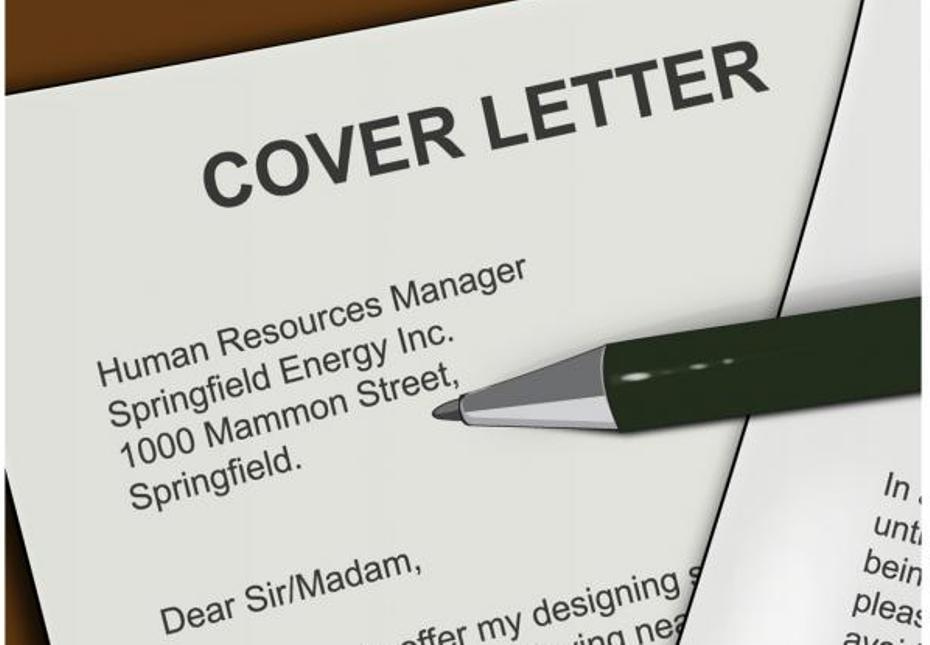Your dream job just got posted, and you’re super excited. There’s just one problem: You literally (and I actually mean literally) have zero relevant work experience. Whether you’re a career changer or a new grad with no internships under your belt, what can you actually put on your resume that makes you look as qualified as possible?
Fret not. There are a few different things you can include, as well as a couple of formatting tricks, that will help you present yourself in the best light possible.
Relevant and transferable skills
Most resumes will begin with relevant work experience (or education followed by relevant experience if you’re a new grad). That becomes a problem when relevant experience isn’t your strong suit. But rather than waste that prime real estate on your resume on things that will just confuse the recruiter, start instead with your relevant skills.

And don’t tell me you don’t have any. There must be a reason why you think you can do this job. You might have transferable abilities from a previous, unrelated experience, or maybe you developed skills while in school doing academic projects. In any case, if you’re a career changer, try tying all your skills together with a summary statement at the beginning of your resume. New grads, pop your skills section from the bottom of your resume to the spot right under your education.
Related side and academic projects
Speaking of academic projects, it’s important to note that those are fair game and should definitely be included in your resume. The same goes for side projects that you’ve tackled outside of work or school. As long as you are clearly labeling this experience as project work, there is nothing preventing you from including it in your resume-and you absolutely should! Don’t make the assumption that only full-time, paid experiences can be on your resume.
One way to do this is to create a “Projects” section. Here, you would write about your project work the same way you would for work experience. Think about the experiences you’ve had that helped you realize your career interests. Was it a class project? Maybe you volunteered to help with something that ultimately sparked your newfound career goals-that’s experience that you can include on your resume under a “Projects” section. Format it similarly to help the recruiter understand that this, too, is valuable experience that should be evaluated when considering your candidacy for the position you are interested in.
An enthusiastic and specific cover letter
Okay, this isn’t technically part of your resume, but I am a firm believer of always coupling a resume with a strong cover letter. This is especially important if you have no relevant experience or a winding career path. As career expert Ryan Kahn explains, “find a way to connect your passions and life experiences with the company, then explain how that will translate into you hitting the ground running once you’re hired. You’ll find that link is exactly the kind of experience employers are looking for from recent grads.”

This is true for career changers, too, but you also have a little bit more experience to work with. The cover letter is the perfect opportunity for you to connect the dots between the company's needs and the skill you've built across your eclectic career. Be specific here. You want to really spell it out for hiring managers and explain why your non-traditional background might even be an asset, so that when they’re done with your letter they have a good understanding of why it makes sense for them to hire you.
Breaking into a new career is hard work, especially since many
entry-level jobs are now asking for two or three years of
experience. The trick to overcoming this is to really tease out
those details like relevant skills and related side projects, and
break out of the resume “rules” that are preventing you from
including them front and center on your resume. Add on a riveting
cover letter and, with a combination of networking and some luck,
you’ll be sure to pique a hiring manager’s interest soon.